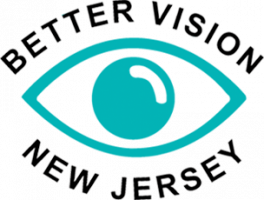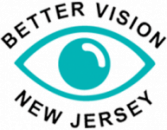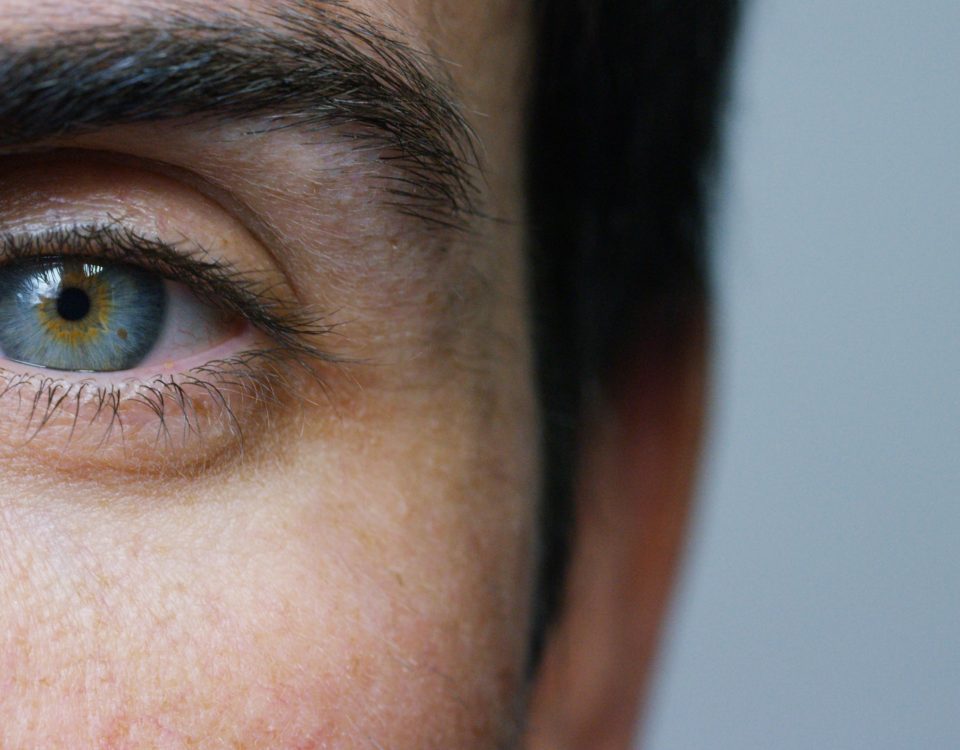5 Myths About Children’s Visual Health That Might Surprise You!

Avoid Independence Day Eye Injuries!
07/02/2022
Healthy Vision for Life: Healthy Aging Month
09/21/2022If you’re a parent, you probably already know that it’s important for children to get vision tests as they head back to school this fall. However, there are also many common misconceptions about how to address children’s visual health! We discuss some of these below and provide suggestions for keeping your kid’s eyes as healthy as can be.
MYTH: Children only need eye exams every few years.
Children’s vision develops quickly, especially in the first few years of life. The American Academy of Ophthalmology recommends that children between the ages of 3 and 5 have their vision and eye alignment checked before they enter kindergarten. Once your child is old enough to read an eye chart, it’s important to have their visual acuity tested.
After age 5, children should continue receiving annual eye exams to ensure their visual health and treat any vision problems that occur as soon as possible.
MYTH: Only adults experience vision loss.
Up to 3 in 100 children experience amblyopia (also called lazy eye), which, if untreated, may cause long-term vision problems or vision loss. It can be hard to discern the early signs and symptoms of amblyopia when children are young. This is why it’s essential for your child to attend regular eye exams to catch any issues and receive treatment early on!
MYTH: My child is too young to wear glasses!
While your child may not yet be able to read an eye chart, there are other ways for professionals to check their eyes—no matter their age. As mentioned above, children younger than age five can and should receive annual eye checks. This will help to find any complications at an earlier stage so they can be addressed and treated.
MYTH: My child cannot read, so he or she cannot have an eye check.
Vision problems often occur in children between the ages of 18 months and 4 years old, but children as young as 12 months may need their vision corrected by glasses! Equipping your child with glasses will ensure that they can see more clearly and help prevent further vision problems.
Talk to your eye care professional about your child’s options, but know that glasses for young children are a safe and effective treatment!
MYTH: Vision screenings and eye exams are the same.
Though they may sound similar, vision screenings and comprehensive eye exams are different. Screenings often occur at school or a pediatrician’s office. School nurses or primary care physicians evaluate eyesight to screen for potential vision problems. If issues like myopia (nearsightedness) are spotted, kids will receive a referral to an eye doctor for additional care.
In contrast, comprehensive eye exams evaluate all aspects of children’s eye health. With specialized tools and more thorough examinations, eye exams allow our experts to detect eye conditions or diseases, update prescriptions, and set up healthy vision for life.
Before the back-to-school season, schedule your child’s next appointment at our office. We can’t wait to see them!




